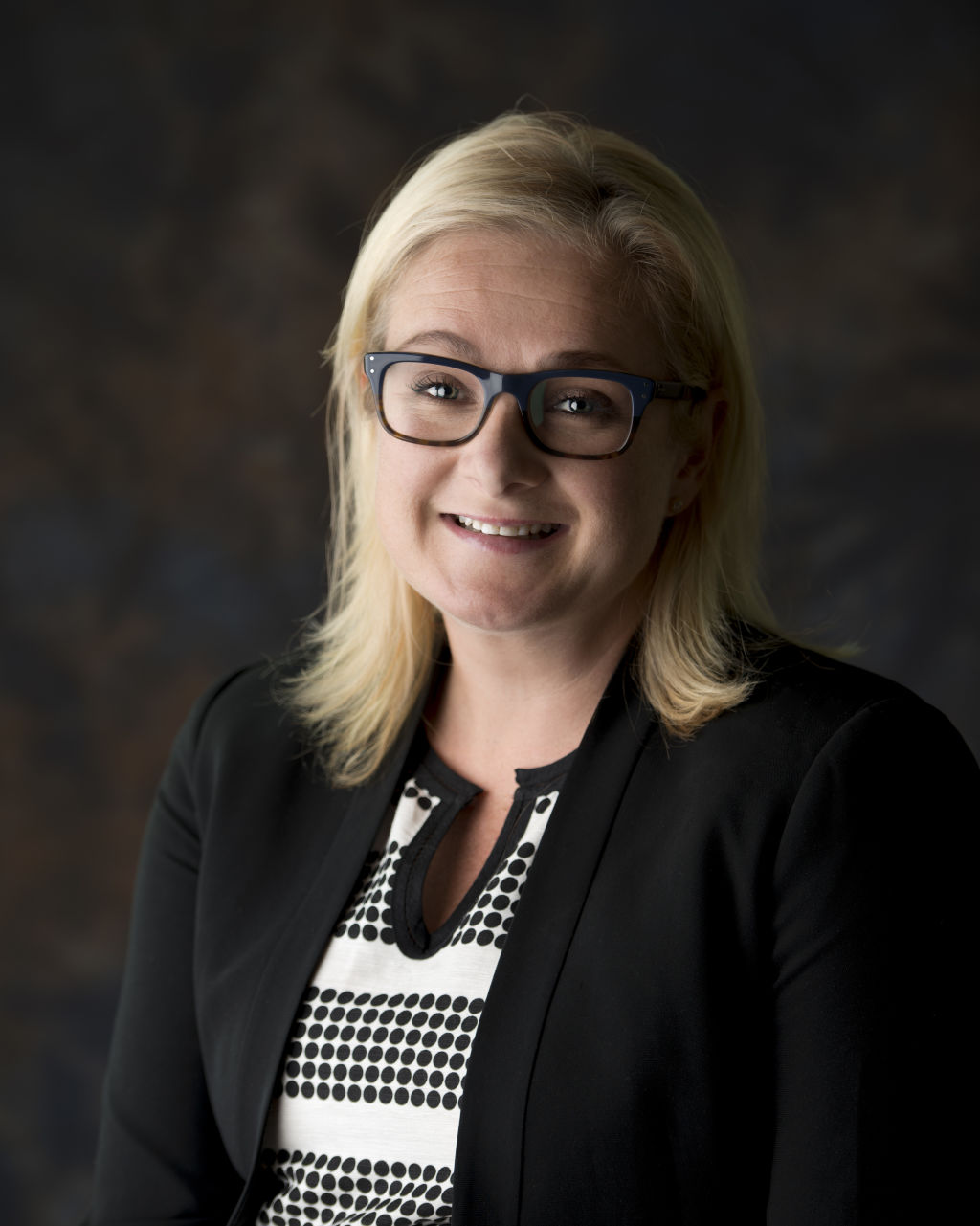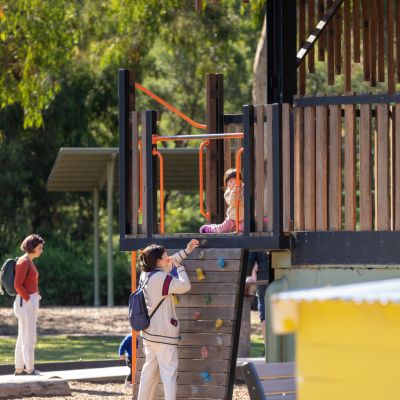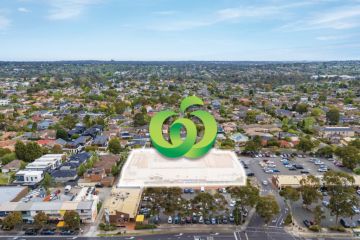Education: How to manage device use with your children

The ubiquity of today’s technology has introduced a host of challenges for parents. How much screen time is too much? And how can they determine when children need their device for schoolwork or when they’re just scrolling? It’s not straightforward.
Tech executive Renata Sguario says the first step is accepting that we’re now deep into the digital age.
“The reality is device use is here to stay,” she says. “And technology and digital skills are actually critical for the future. What we need to do is have a conversation around using the device for good.”
Sguario has founded Maxme, a suite of technology-enabled learning experiences that teaches the human skills needed to thrive in work and life – a curated program designed to get young adults “job-ready”.

“The attention span of young people is shortening, and that’s a big problem in the workplace,” Sguario says. “If they don’t have enough of an attention span to sit with a challenge and work through it to get a solution, they’re not going to survive in the workplace.”
When it comes to screen time, Sguario notes there’s no one-size-fits-all answer. She says parents should be aware of the signs of tech addiction to adjust habits around device use.
“If it’s starting to contribute to anxiety, lack of sleep and you’re obsessed about social media … that’s when it’s gone into the zone of not healthy. It’s also the messages that we are hearing or interpreting through that device. Am I filling my time with things that are going to be helpful to me and grow my confidence? Or am I being plagued by constant signals around perfectionism?”
Shelford Girls’ Grammar is piloting Maxme this year as an alternative to the traditional year 10 work experience. It is delivered through a blended in-class and gamified online program called Amica.
Catherine Freney, the careers and future pathways co-ordinator at Shelford, sees Maxme as a tool to help students flourish at school and ultimately prepare for the workplace.

“I think, particularly at the moment, it’s been really hard for the kids with them having to do a lot of online learning,” Freney says. “It’s such an important thing for us to be able to have the kids accessing the technology and using it because that’s what their future is going to be like.”
Trinity Grammar School, Kew was on board last year when the COVID-19 restrictions stoppedwork experience placements.
“The technology is structured, and the objectives are clearly outlined around the program,” says Katherine Ward, Trinity’s head of career management. “I think issues arise when the objectives aren’t clear with technology and why they are using it.”
Sguario says kids are perhaps yet to understand the difference between online and offline behaviour.
“People can hide behind fairly brutal opinions and tend to say things online that they would never say to a person’s face,” she says. “When you’re working face-to-face, you have to take responsibility for your actions and what you say.”
We recommend
We thought you might like
States
Capital Cities
Capital Cities - Rentals
Popular Areas
Allhomes
More
- © 2025, CoStar Group Inc.










